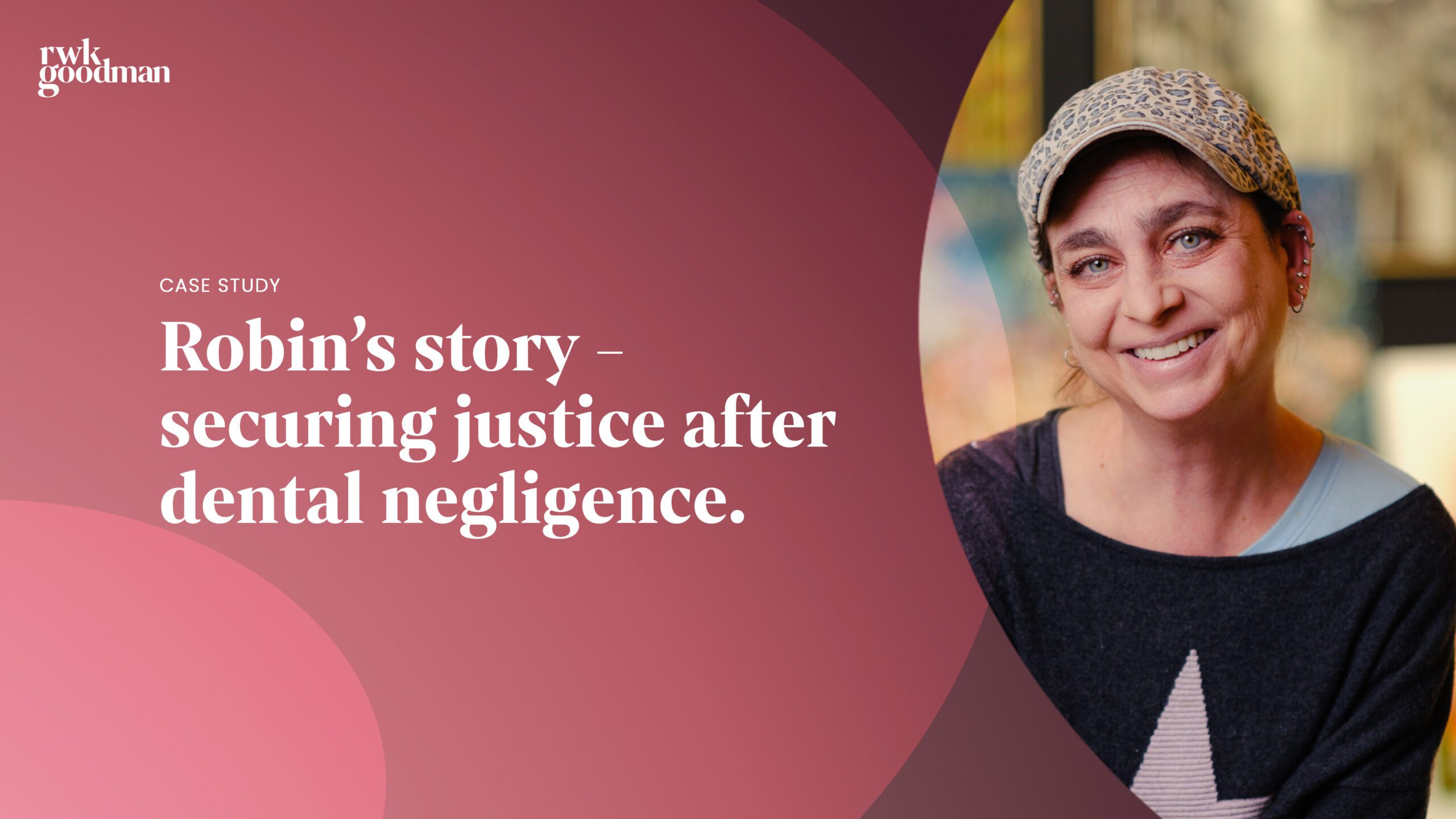Making a personal injury claim – what you need to know
Personal injury claims are not designed to offer a windfall payment of money. The process works to, if possible, restore your life to how it was prior to the accident and resultant injury.
When you have been in an accident that wasn’t your fault, it may be that you have a claim for compensation. If this is the case, we’re here to help you understand the process, and the compensation you might get at the end of it.
Here’s what you need to know:
Depending on the nature of your injury, the value of your claim will change which could affect how you pursue a claim. In any case, the first port of call would still be with a personal injury solicitor, who will be able to advise you as to the potential value of your claim.
Should the estimated value of your claim not exceed £1,000, you should seek advice from the Citizen’s Advice Bureau. However, representing yourself could leave you liable for the defendant’s (the person who you are claiming against) legal costs, should your claim be unsuccessful.
Therefore, if your claim is over £1,000 in value it is definitely worth seeking professional advice from a personal injury solicitor. They will be able to proceed with your claim on your behalf, often on a ‘no win, no fee’ basis meaning that should you lose your case you will not be liable for the defendant’s legal costs.
Call us now for a free consultation
How much compensation could you receive?
As mentioned, personal injury compensation is designed to restore your life to how it was prior to your accident. Because everyone’s needs are different, though, it is difficult to advise on exactly how much you may receive for your claim from the outset.
When seeking compensation, a number of different factors are taken into account. You will be assessed by your solicitors and expert witnesses (for example, medical experts in a field relevant to your injury) who have experience with your injury, if applicable) to ascertain:
- the pain and suffering you have experienced as a result of your injury
- the prognosis for your injury – this will depend on what experts say will happen in the future in terms of recovery or deterioration of your condition, and they will often recommend some form of rehabilitation
- whether the injury has caused loss of earnings – these could be earnings you have lost during your recovery, or future earnings that your injury has meant you will miss out on
- the expenses you incurred as a result of your accident – for example, any equipment or belongings that have been damaged.
When making a claim for personal injury, depending on your injury, often you can expect to receive a settlement (if you are successful) within six months to two years from starting the process.
Sometimes, in the event of a complex case such as a claim for a life-changing brain injury, the process can take a bit longer.
The timescales are really dependant on your recovery though if one can be made. The way compensation is calculated, a prognosis of how the injury has impacted upon you will be needed once you have made a full recovery; for example when you are able to return to work.
What happens when a personal injury claim is unsuccessful?
Personal injury claims, for whatever reason, are not always successful.
In order to protect clients from paying the defendant’s legal expenses in the event they lose their claim, solicitors can work on the basis of no win, no fee funding (sometimes known as a Conditional Fee Agreement, or CFA). Your solicitors will be insured for their costs if you lose, and if you win they will be paid by your opponent. However, this does impact upon the amount of compensation you recover, some of which will be reserved to pay your solicitors.
How you can fund a personal injury claim
If you are considering making a personal injury claim, there are a number of ways to fund the process so all the legal costs are covered.
Due to the loss of Legal Aid as an option for personal injury claims, perhaps the most common funding option is a ‘no win, no fee’ agreement.
A ‘no win, no fee’ agreement, also known as a Conditional Fee Agreement (or CFA), helps protect you from financial risk when making a claim. Usually, the agreement will state that should you win, part of your compensation will go towards paying your legal costs.
The upside of this is that you do not have to pay any legal costs at all if you lose the case. Your opponent’s costs are paid by insurance that a solicitor will arrange on your behalf, known as After The Event (or ATE) insurance.
A CFA is a complicated agreement. A solicitor will only offer you a CFA if your claim has reasonable prospects of success. If you do not succeed with your claim, your solicitor will not be paid for their work. The After the Event insurance will pay for any claim for costs against you. If you lose your case, you do not have to pay for the ATE hence “no win no fee”. If you win your case, a deduction will be made from your damages for legal fees and ATE.
You may have the benefit of legal expenses insurance, which typically covers the cost of a wide variety of legal work including accident claims. It can also be known as Before The Event (or BTE) insurance.
Should you have legal expenses insurance, you will not need to enter into a CFA. However, your insurer may stipulate the solicitor you have to work with. There are a few avenues that can be pursued in this event, but it’s best to speak to a solicitor first.
Also, you may not be able to take on a high-value claim if your insurance won’t cover it. Therefore, if you think you have legal expenses insurance, you should raise this with the solicitor of your choice as soon as possible.
Private funding is an option but is rarely the best one for you.
Should you choose to fund your claim privately, you will have to pay legal costs incrementally and will be liable for both your solicitor’s costs and those of the defendant if you lose.
If you’re making a claim for a child who suffered brain injuries, perhaps at or around the time of their birth, then you may be able to take advantage of Legal Aid. We can help you make an application for your child, and state funding will then be made available for you to pursue your claim.
If you want to find out more about how you can fund a personal injury claim, contact our specialist team today.
Call now












